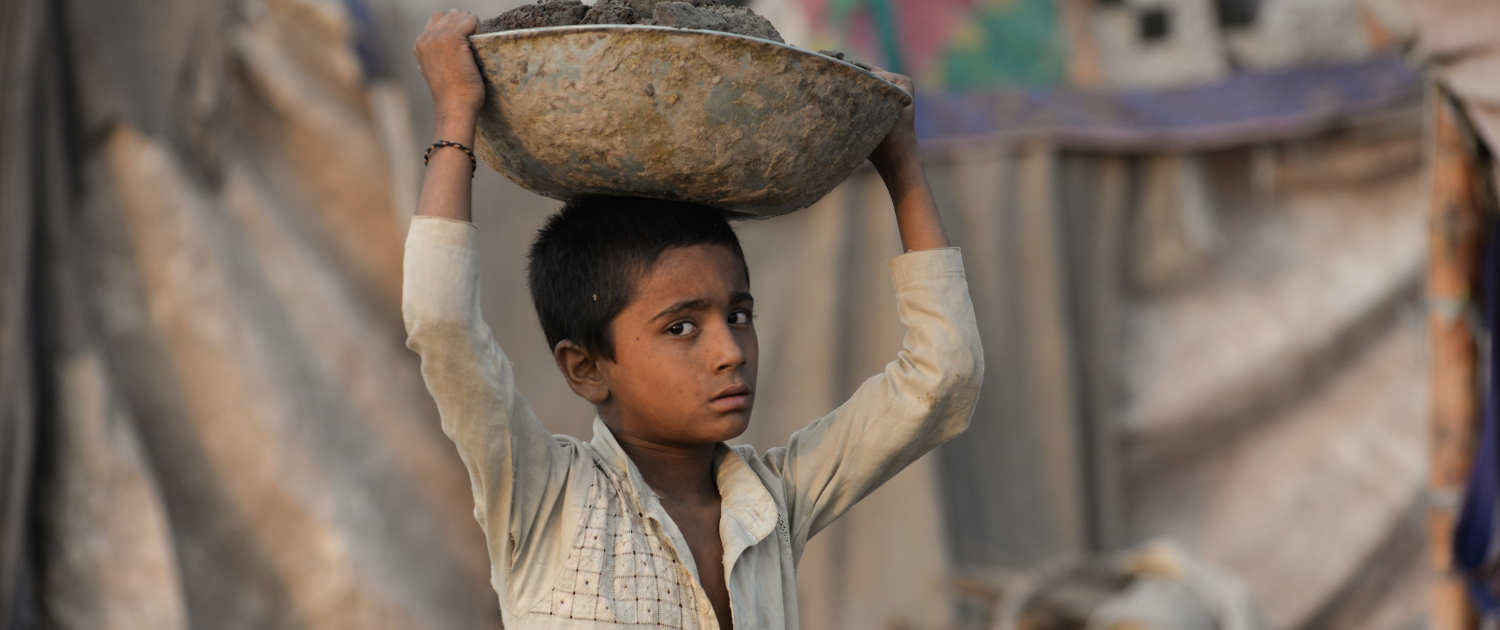Trafficking in Persons
Slave trade was abolished two centuries ago, but slavery is not yet history. One of its modern manifestations is trafficking in person.
Article 3 of the international Palermo Protocol (Annex II of the United Nations Convention against Transnational Organized Crime) defines “Trafficking in person” as: “the recruitment, transportation, transfer, harbouring or receipt of persons, by means of the threat or use of force or other forms of coercion, of abduction, of fraud, of deception, of the abuse of power or of a position of vulnerability or of the giving or receiving of payments or benefits to achieve the consent of a person having control over another person, for the purpose of exploitation.”
The Protocol continues explaining that “Exploitation shall include, at a minimum, the exploitation of the prostitution of others or others forms of sexual exploitation, forced labour or services, slavery or practices similar to slavery, servitude or the removal of organs.”
In December 2014, the phenomenon of Human Trafficking has been declared as a “crime against humanity” by the Joint Ecumenical Declaration Against Modern Slavery in which we read also “In the eyes of God each human being is a free person, whether girl, boy, woman or man, and is destined to exist for the good of all in equality and fraternity”.
To affirm and defend the equal dignity of every person, APG23 works for the eradication of this “crime against humanity”.
Taking into account its experience in the field whith women trafficked for sexual exploitation and reduced to slaves without any dignity as commodities for the market, APG23 advocates and networks to fight against the use of every person at all levels.
APG23 is engaged at the Human Rights Council in the interactive dialogue with the Special Rapporteur on Trafficking in Persons, including Women and Children and the Special Rapporteur on Contemporary Forms of Slavery. APG23 also promotes the so-called Nordic Model, an approach to prostitution (also known as Sex Buyer Law) that decriminalises all persons in prostitution, provides support services to help them get out, and makes buying people for sex a criminal offense, in order to reduce the demand that drives sex trafficking.
This model, which was pioneered in Sweden after extensive research and has been adopted in Sweden, Finland, Iceland, Norway, and Northern Ireland, has proven to has proven to be effective in reducing the demand for paid sex services.

